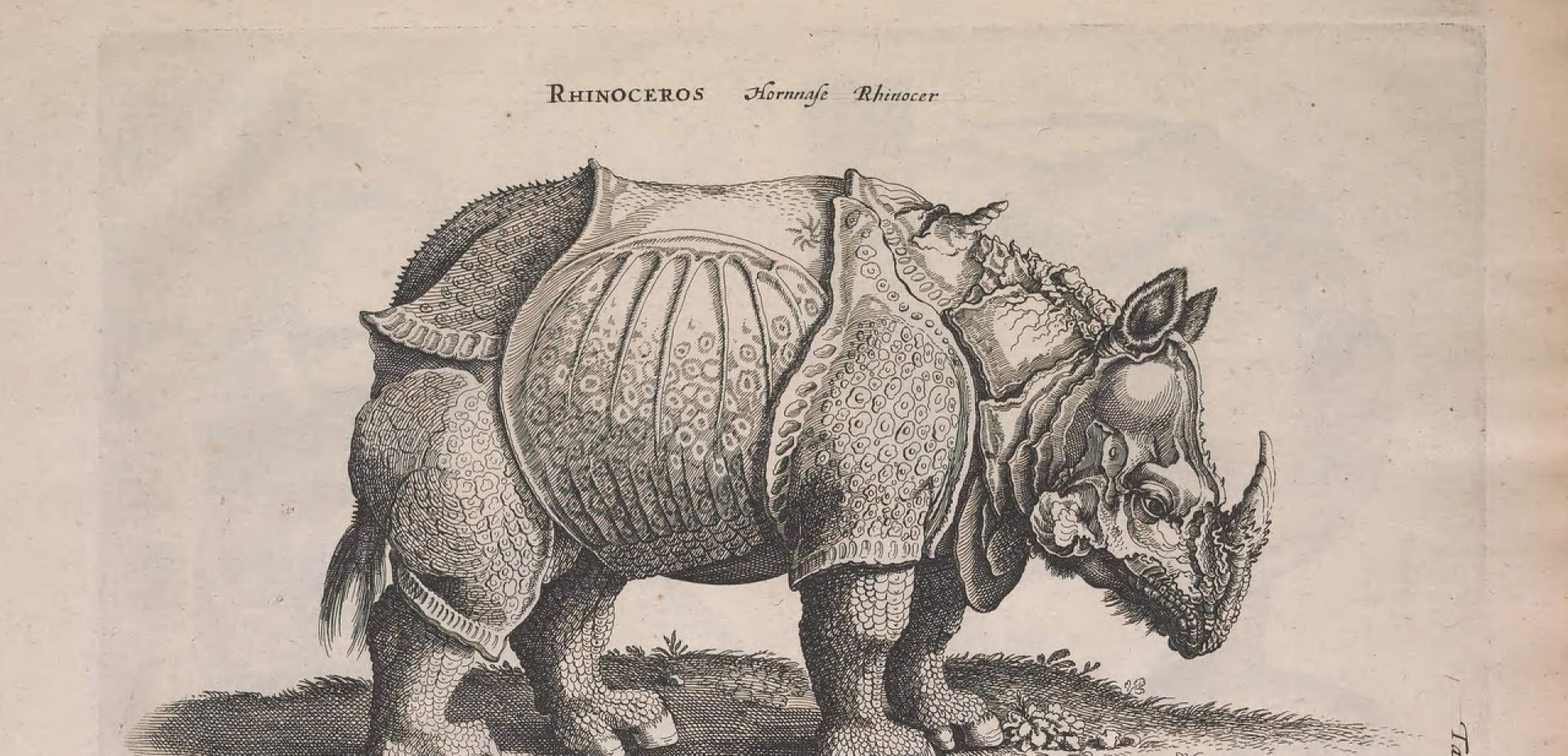In this spirit he follows the authors of three books which he refers to. His departure point for him is Adam Gopnik’s “A Thousand Small Sanities: The Moral Adventure of Liberalism” translated into Polish as “The Manifesto of the Rhinoceros. Arguments about liberalism”.
The New Yorker essayist oozes aversion to all that is doctrinaire. He uses the metaphor in his arguments. Every political idea, according to him, so each “ism” is a unicorn or a chimera. The exception to this according to Gopnik is liberalism. The rhinoceros is not the most beautiful of animals to be sure but real at least.
 SIGN UP TO OUR PAGE
SIGN UP TO OUR PAGE 
Tokarski’s entire thesis rests upon one thing, namely that all the ideal narratives, either from the right or from the left, are more or less utopian. Conservatives and progressives live in the illusion that they can improve the world. The former that they can return to the “good old days” and the latter that they can introduce social equality.
In contrast to this, the liberals in Tokarski’s eyes are realists as they have attainable goals characterised by elasticity. They can admit that individualism does not supersede social bonds. The free market is no substitute for the regulatory functions of the state in the economy.
Liberalism, Tokarski concludes, concerns itself with reality. It does not violate this and if it were to go too far it would correct itself and withdraw.
But Tokarski also writes that liberal humility is false. Non participation in the great conflicts of ideas is only a political strategy.
The liberal message is as follows. Between the right and left there is a fight for life or death. Conservatives and progressives are both dangerous fanatics who will set the world on fire in the name of their delusions. Not for us, lovers of middle-class peace who satisfy ourselves with our family and social relationships, barbecuing in our gardens on sunny holidays.
For this to be cogent and honest, liberalism would lead to political escapism. This is impossible and cannot be possible.


 SIGN UP TO OUR PAGE
SIGN UP TO OUR PAGE 




